From Debate Coach James Dickey to Fan Boy Hunter S. Thompson, the 11 Most Bizarre Moments from Jimmy Carter’s Wild 1976 Presidential Race
Surprisingly, author Jonathan Alter’s “His Very Best: Jimmy Carter, A Life,” in stores today, is the first definitive biography of our 39th president. The Georgia-born politician, who will turn 96 on Oct. 1, is the prolific author of dozens of books, including a presidential memoir and a White House diary. As a result, Carter has largely been the teller of his own story over the past 45 years. And that’s precisely what makes Alter’s book so compelling.
In addition to interviewing Carter’s top cabinet members and 250 others close to the president, Alter’s five-year journalistic deep dive also yielded interviews with George H.W. Bush, Barack Obama and Carter veep Walter Mondale, along with extensive access to the man himself, who granted the author more than 12 interviews for the sprawling 782-page biography.
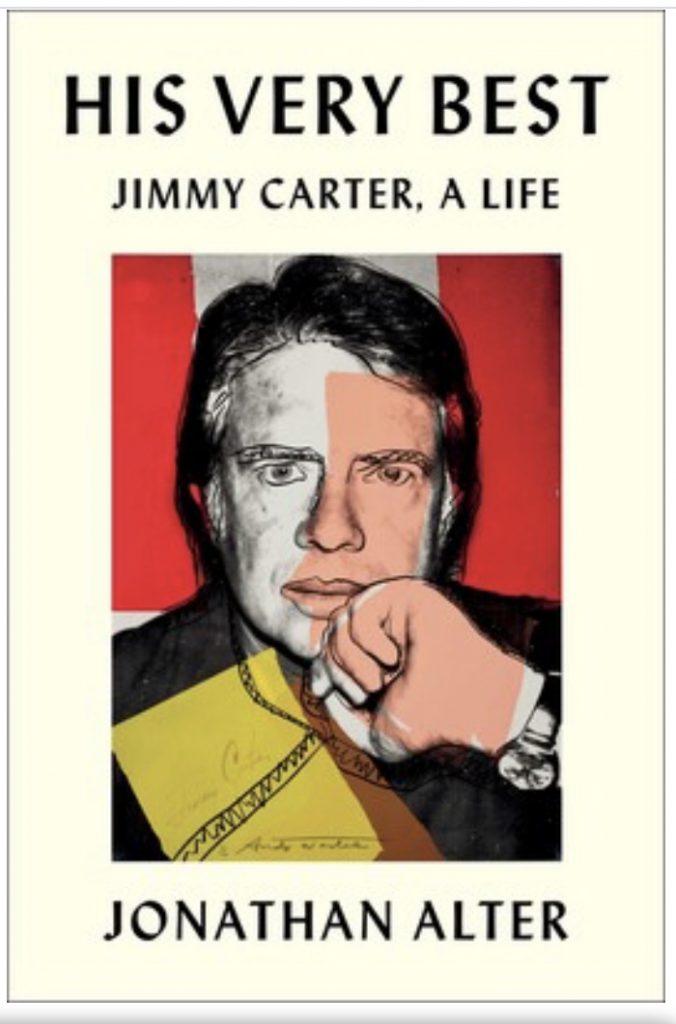
In addition to being a fascinating, engrossing page-turner, “His Very Best” also seeks to re-set American perceptions about Carter’s four-year presidency. As former UN Ambassador and Atlanta mayor Andrew Young writes in a blurb for the book, “Jonathan Alter perfectly captures how Jimmy Carter was the most misunderstood president since Thomas Jefferson and the only other not to lose a single American solider in war. His Very Best is a compelling story of a complicated and brilliant life.”
The cover of “His Very Best,” a reproduction of the Jimmy Carter portrait painted by pop artist Andy Warhol, meanwhile, recalls — and reinforces — Carter’s rep as an unlikely counterculture hero in the mid-1970s.
In contrast to the cynicism and angst associated with the 2020 presidential race, Carter’s campaign against then-president Gerald Ford in 1976 now feels quaint and daring. There are also many similarities to the America Carter was running in in the year of our nation’s Bicentennial. For example, in February of 1976, in the final year of his presidency, Ford was faced with a swine flu outbreak at Fort Dix. Fearing an epidemic during his re-election campaign, Ford rushed out a vaccine. Consequently, an estimated 450 vaccinated Americans developed a paralyzing syndrome, Guillain-Barre’.
The Georgia peanut farmer (whose campaign plane was dubbed Peanut One) and former governor was offering the country a fresh start in the aftermath of Richard Nixon and the scandal of Watergate. In the minds of many voters, Carter’s opponent — Nixon’s eventual vice president — offered more of the same. Carter, a Southern progressive, who grew up on a farm without running water or electricity, offered a stark alternative.
From “His Very Best,” here are eleven of the most fascinating (not to mention bizarre) behind-the-scenes moments from Jimmy Carter’s long shot 1976 presidential campaign.
On the campaign trail, Carter stayed in the homes of his supporters: Cribbing a page from his Georgia governor campaign playbook and originally conceived as a cheap way to stay out on the trail, Carter’s guest bedroom national tour solidified his small-town appeal with voters. He shared meals and small talk with the families, who then, according to Alter, “spoke glowingly of him to everyone in town.” Bonus: the former Naval lieutenant made his own bed “with navy precision” and his only food allergy was to Swiss cheese.
Carter Prided Himself on Being on Time: Thanks perhaps to his Navy training, Jimmy Carter was ridiculously punctual for campaign appearances, telling aides, “I would rather be 10 minutes early than one minute late.” The future president was so compulsive about being on time, he would instruct the pilot on Peanut One to “fly as low as regulations would allow to avoid unnecessary time ascending and descending.”
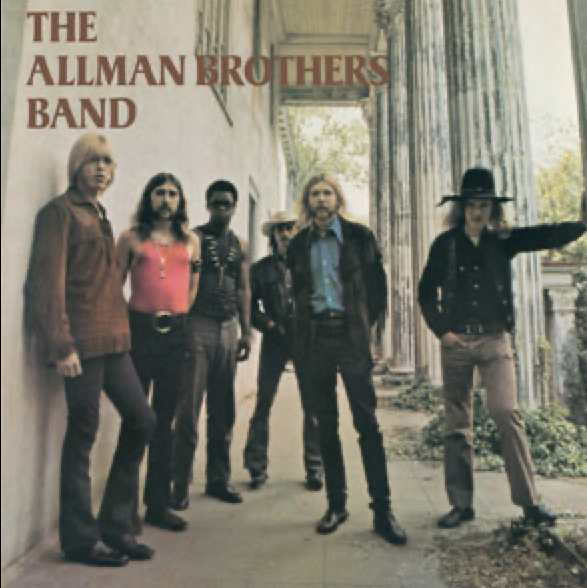
Southern Rockers Raised the Money for Carter’s Campaign Ads: Just like in 2020, TV and radio ad time was expensive. On Carter’s shoestring campaign budget, he leveraged his friendships with Capricorn Records co-founder Phil Walden and Walden’s roster of artists, including the Marshall Tucker Band (who played a fundraiser for the candidate at the Fox Theatre), Lynyrd Skynyrd, the Allman Brothers, Charlie Daniels, along with friends like Willie Nelson and Jimmy Buffett.
A Young Senator Named Joe Biden Switched His Support to Carter: The Georgia governor so impressed the 33-year-old Delaware senator, he switched his support from Milton Shapp to Carter and became the first senator to endorse him. After signing on as chair of Carter’s national campaign steering committee, Biden would go on to stump for Carter in dozens of states throughout 1976.
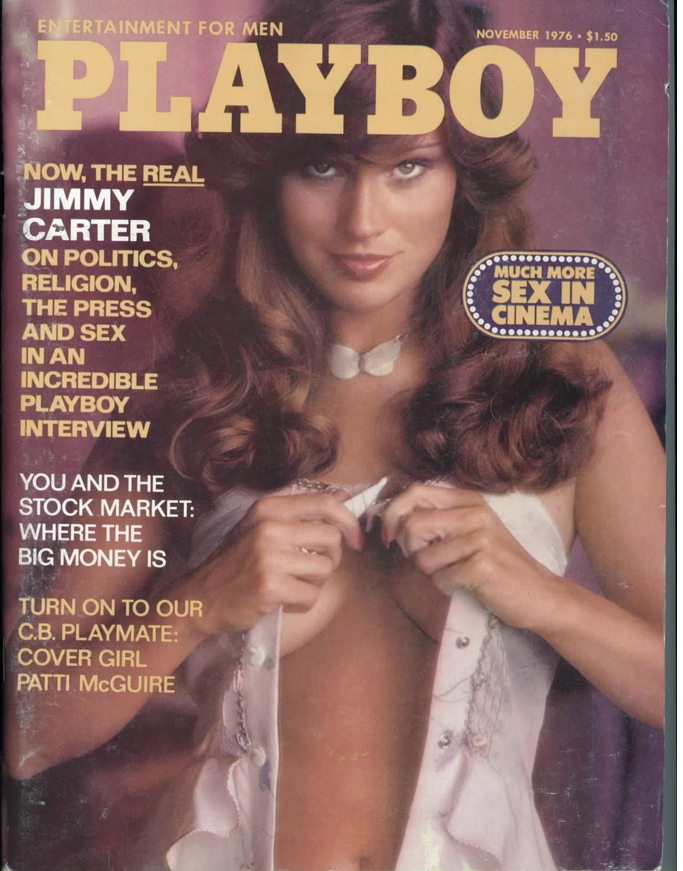
Jimmy Carter Was Capable of Throwing Shade: In the fallout of his infamous “I’ve lusted in my heart” 1976 Playboy interview, the future president never forgot the public drubbing he took from the pulpits of Billy Graham and Oral Roberts. In 1977, when Roberts’ sister Ruth wrote to now-President Carter to invite him to give the baccalaureate address at Oral Roberts University, Carter sent the following reply: “I consider this one of the highest compliments I have ever received. But please tell Oral I feel so unworthy because I know that there are many other men who — like himself — have never lusted in their hearts, that I have to decline.” Similarly, Graham, a frequent visitor to the White House under previous administrations (who golfed with nine presidents throughout his life), was denied access during the four-year Carter administration.
The Carter Campaign Actively Courted the LGBTQ+ Vote: Despite his religious Southern upbringing, Jimmy Carter embraced gay rights. In turn, the Gays for Carter group was formed, taking out ads for the candidate in gay publications and Carter’s son Chip, even visited a fundraiser and gay rights rally at a gay bar in San Francisco, a first for a presidential candidate.

The author of “Deliverance” Served as Carter’s Debate Coach: Carter was first introduced to writer James Dickey after, according to Jonathan Alter, “Carter was amused when Dickey showed up drunk to the first screening of ‘Deliverance’ in 1972.” A friendship formed. In return, after witnessing Carter’s milquetoast first debate performance against Ford, promptly applied a Bunsen burner to the future president’s posterior. In a letter to Carter, Dickey urged him “to catch rhetorical fire, to come out louder and stronger with greater emphatic stress on the key words of the key statements. With fire and memorable statements [the race could be over]. You have got the future of all of our lives in your pocket, Jimmy.” After smoking Gerald Ford in the next debate, Carter wrote Dickey a thank you note, telling him, “I’ve tried to follow [your advice] by adding a little ‘rhetorical fire’ and I hope I’ve succeeded. I’ll be trying more.”
Carter Almost Lost When the Press Discovered His Church in Plains Remained Segregated: Accompanying Carter into the Plains Baptist Church one Sunday morning, veteran White House reporter Helen Thomas asked the candidate, “Why are there no blacks here?” The question caught Carter off guard and the revelation made national headlines. As an election eve stunt with the national press in town, Clennon King, a black pastor then sought membership into PBC, exposing the church’s 1965 ban on people of color from worshipping in their congregation. Supporters Martin Luther King Sr., Coretta Scott King and Andy Young quickly mobilized in Atlanta to reassure now-nervous black voters who were reconsidering a vote for Ford. Following the debacle, Jimmy, Rosalynn Carter and the Carter family left Plains Baptist for the new — and integrated — Maranatha Baptist, where the president continued to teach Sunday School until this summer.
Jimmy Carter’s mother, Miss Lillian Never Forgave Clennon King: Even after her son became president, Lillian Carter remained bitter about King’s exposure of Plains Baptist’s racist ban on black parishioners. “Somebody should have shot that ni**er before he came on the lawn,” Miss Lillian told reporter James Wooten, writes Alter in “His Very Best.” In an interview for the book, Andrew Young attempted to place the quote into context: “Lillian was good ‘til you messed with her children.”
On Election Night, Carter Tried to Ditch His Press Pool: At 4 AM, after finally being declared the winner in the nail-biter campaign, an exhausted Carter and entourage left the Omni hotel in downtown Atlanta for the flight back home to Plains, eager to celebrate his win in his hometown. When a bus-full of reporters, who had been up all night covering the razor-thin race was late to the airport, Alter writes in “His Very Best” an annoyed Carter ordered the pilot to take off — without the press. A wise aide talked the pilot into waiting but the damage was done. Writes Alter: “It was striking how many members of Carter’s otherwise loyal inner circle remembered this rigid behavior at the moment of victory. It got him off on the wrong foot with many of the reporters who would be covering him for four years.”
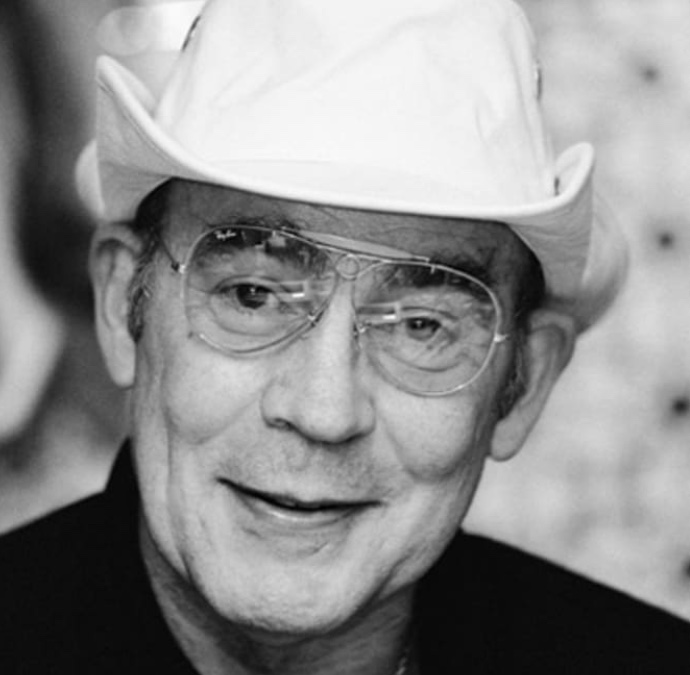
Counterculture Writer Hunter S. Thompson Was a Carter Supporter: In May 1974, the Rolling Stone writer begrudgingly drove with Edward Kennedy over to the University of Georgia to attend Carter’s key note address at UGA’s Law School. Bored, Thompson went to the car to refill his iced tea glass with Wild Turkey and retrieved his tape recorder. Inside, Carter discovered Kennedy’s remarks mirrored many of his on his prepared text so instead, he free-styled. Alter writes, “Carter ripped the audience for applying excessive sentences for minor crimes, telling the story of a governor’s mansion employee who asked Carter to lend her $250 she owed the superior court who had sentenced her to seven years in prison or $750 in fines.” Thompson was so knocked out by the speech, he later played the bootlegged 45-minute tape dozens of times for anyone who would listen. Recalled Thompson: “People looked at me like I was finally over the hump into terminal brain damage.”
“His Very Best: Jimmy Carter, A Life,” by Jonathan Alter, $34.99, $16.99 for the E-Book is in stores now.

Richard L. Eldredge is the founder and editor in chief of Eldredge ATL. As a reporter for the Atlanta Journal-Constitution and Atlanta magazine, he has covered Atlanta since 1990.

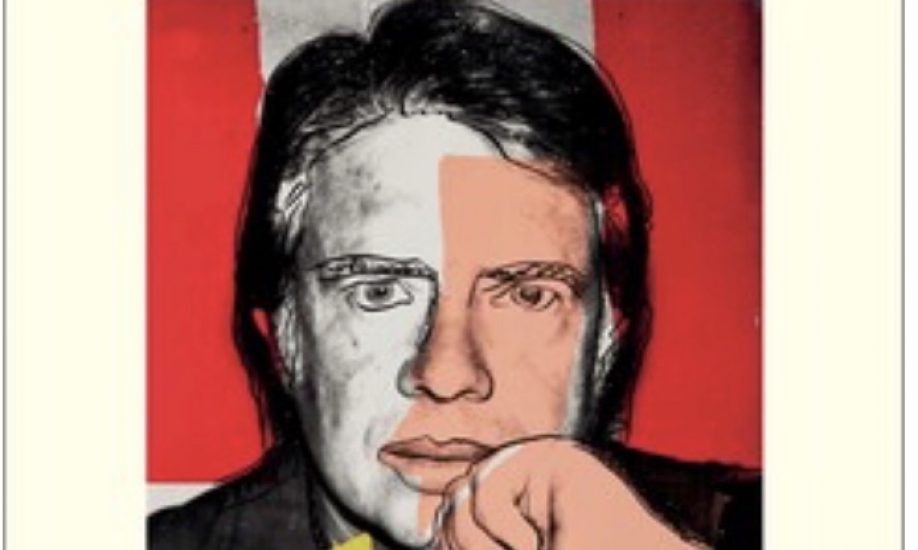


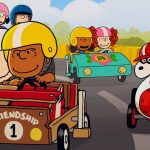
‘We’re In For a Disturbing Fight’: Cynthia Tucker on ‘The Southernization of America’ and Our Democracy in the Balance - Eldredge Atlanta
April 26, 2022 @ 10:50 am
[…] in 1974 at a time when, in some ways, the South seemed to be moving in the right direction. Jimmy Carter had been elected governor of Georgia. Reubin Askew had been elected governor of Florida and Askew, […]